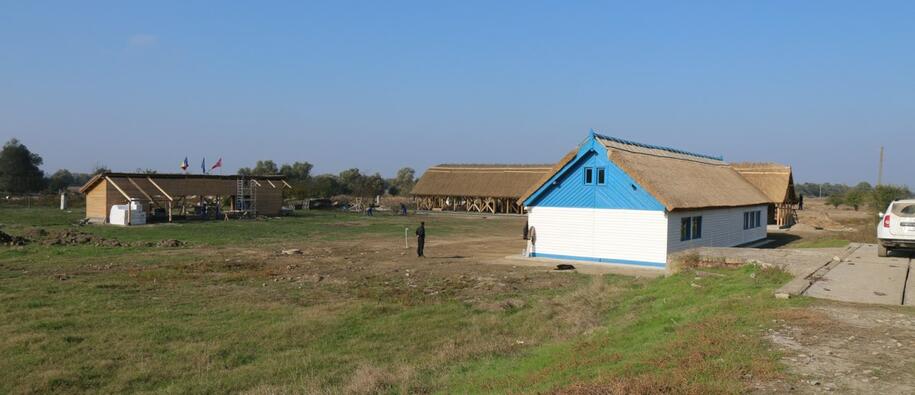Currently available funding
There are currently no calls for proposal.
Programme Summary
Why we support improvement of correctional services in Romania The prison population rate is not very high in Romania, however, overcrowding is a problem. According to inspection and monitoring committees of the Council of Europe, prison conditions remain harsh and generally do not meet international standards. Daily activities, work opportunities, and educational programmes continue to be insufficient despite some recent improvements. Sanitation, hygiene, food and material conditions are poor and no special attention are paid to vulnerable groups such as women, children and youth, and sick persons. The European Court of Human Rights has on several occasions found violations of rights of prisoners because prison conditions are below standard.What the key priorities are • Improving the system of correctional services in compliance with the relevant international and European human rights instruments • Reduction of overcrowding in prisons • Promoting the use of alternatives to prison (such as probation and community service) • Increasing the focus on vulnerable groups in prison • Improving the competences of prison staff and prisoners, by increasing education and training for both groups and vocational training for prisonersWhat we will achieve • Refurbishing two prisons (Gherla and Bacau) and 52 police pre-trial detention centers in order to bring the general conditions and standard living-space in line with international and European human rights standards • Refurbishing detention facilities for 360 prisoners to make it in line with international standards. • Strengthening the prison and probation service in order to increase the use of alternatives to imprisonment. • At least 100 prisoners will receive additional education and vocational training • Creating better conditions for juveniles and offering education and other leisure activities. Activities will mainly be carried out in Bacu, a juvenile prison, but also in other regions. • Offering suitable measures for women suffering from mental illnesses by establishing a therapeutic community centre at Gherla prison in Transylvania • Setting up a re-integration mechanism for prisoners by building five ecologically friendly houses, which serve as educational and vocational training facilities for inmates, as well as for organising awareness events. This project will be carried out in the Danube delta on Grundul Tataru – a property of Tulcea Penitentiary. • 300 probation staff, judges and prosecutor will be trained on alternatives to prison • At least 1 400 prison staff, staff working in the pre-trial detention centers and the probation office will receive additional training also to the benefit of the prisoners.Who will benefit The main target groups are prisoners, including vulnerable groups in prison such as women with mental illnesses, juveniles and Roma, as well as the staff of the prisons and probation services.What the partnership opportunities are and how bilateral relations are strengthened The Correctional Services in Norway is donor programme partner and the aim is to establish additional Norwegian partnerships within the projects. Many of the potential Norwegian partners have already met their Romanian counter parts and exchanged knowledge. Further study trips are foreseen during implementation of the projects through the partnerships as well as bilateral cooperation on a high level, involving a meeting of the director generals of the correctional services.
